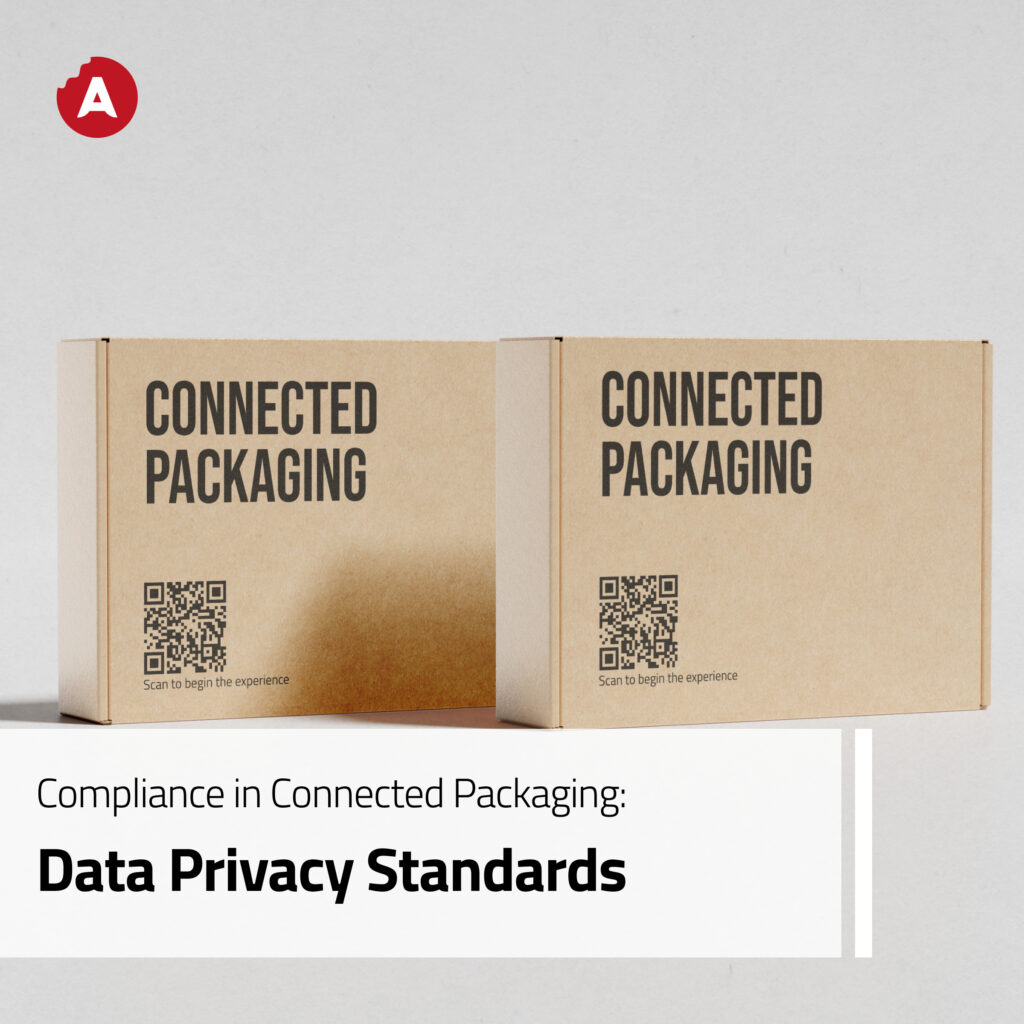
In today’s digital landscape, connected packaging solutions offer exciting opportunities for brands to engage with consumers in innovative ways. However, with the collection and utilization of consumer data comes the responsibility to ensure compliance with data privacy regulations. Navigating regulatory compliance is essential to protect consumer privacy and maintain trust. In this article, we’ll explore the importance of data privacy standards in connected packaging solutions and provide insights into how brands can ensure compliance while maximizing the benefits of this technology.
Understanding Data Privacy Standards
Data privacy standards, such as the General Data Protection Regulation (GDPR) and the California Consumer Privacy Act (CCPA), are designed to safeguard consumer data and protect individuals’ privacy rights. These regulations impose strict requirements on how organizations collect, process, and store personal information, including data collected through connected packaging solutions. Compliance with these standards is essential to avoid fines, penalties, and damage to brand reputation.
The Implications for Connected Packaging Solutions
Connected packaging solutions involve the collection and processing of consumer data through technologies like QR codes, NFC tags, and augmented reality experiences. While these technologies offer valuable insights into consumer behavior and preferences, they also raise concerns about data privacy and security. Brands must ensure that their connected packaging solutions comply with relevant data privacy standards to mitigate risks and maintain consumer trust.
Key Considerations for Compliance
Ensuring compliance with data privacy standards requires a proactive approach and attention to detail. Brands must implement robust data protection measures, such as encryption, access controls, and data anonymization, to safeguard consumer information. Additionally, they should provide clear and transparent disclosures to consumers about the data collection practices associated with connected packaging solutions, including the purpose of data collection and how it will be used.
Collaborating with Regulatory Experts
Navigating regulatory compliance can be complex, especially in the rapidly evolving landscape of connected packaging. Brands can benefit from collaborating with regulatory experts who specialize in data privacy and compliance. These professionals can provide guidance on interpreting and implementing data privacy standards, conducting privacy impact assessments, and developing compliant data management practices tailored to connected packaging solutions.
Balancing Innovation and Compliance
While compliance with data privacy standards is non-negotiable, it should not hinder innovation in connected packaging solutions. Brands can strike a balance between innovation and compliance by adopting privacy by design principles and integrating data privacy considerations into the design and development process from the outset. By prioritizing privacy and security, brands can build consumer trust and confidence in their connected packaging initiatives.
Ensuring Trust and Transparency
In conclusion, navigating regulatory compliance is essential for brands implementing connected packaging solutions. By ensuring compliance with data privacy standards, brands can protect consumer privacy, mitigate legal risks, and build trust with their audience. By collaborating with regulatory experts, implementing robust data protection measures, and prioritizing transparency, brands can navigate the complexities of regulatory compliance while maximizing the benefits of connected packaging technology.
